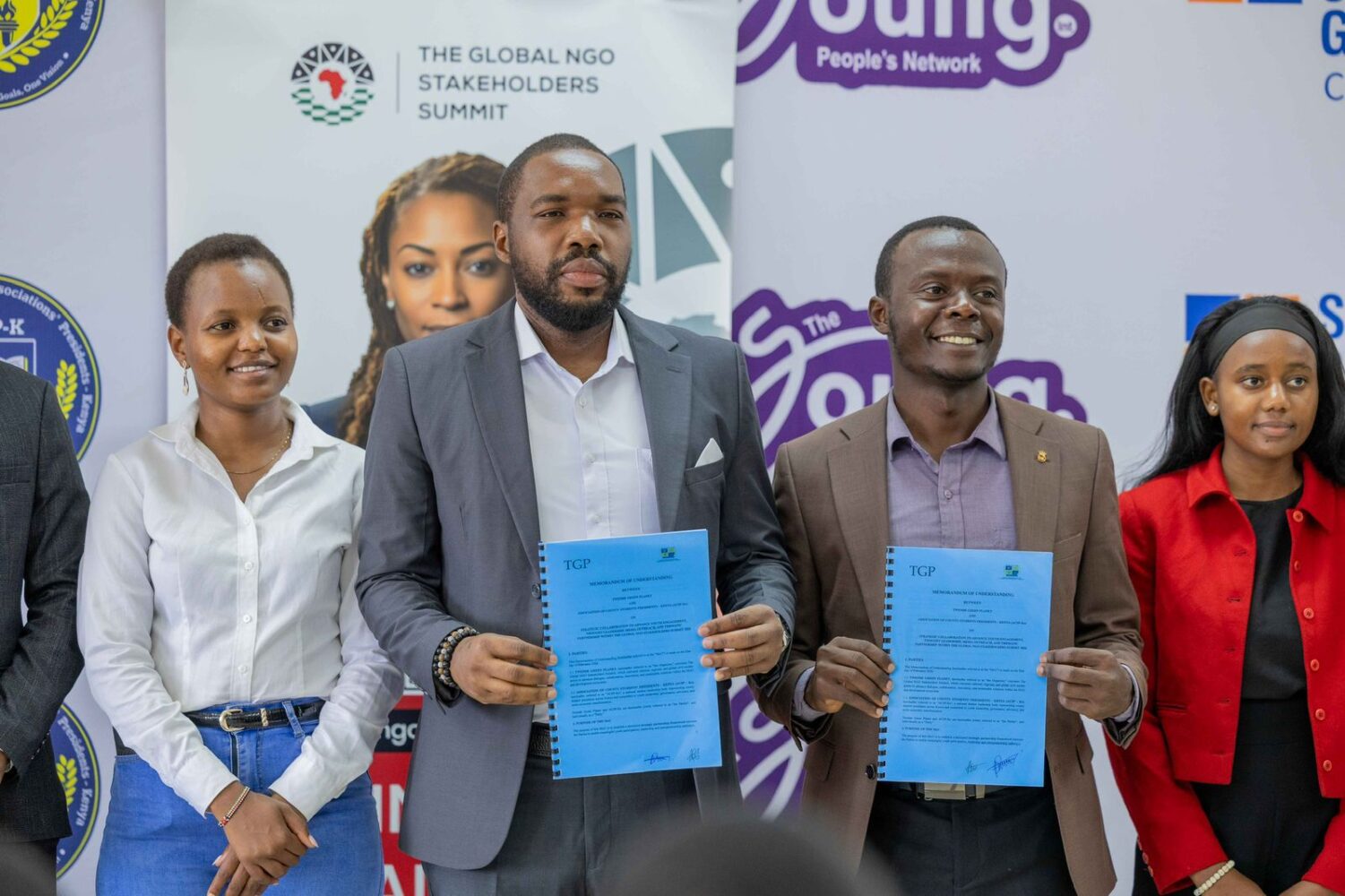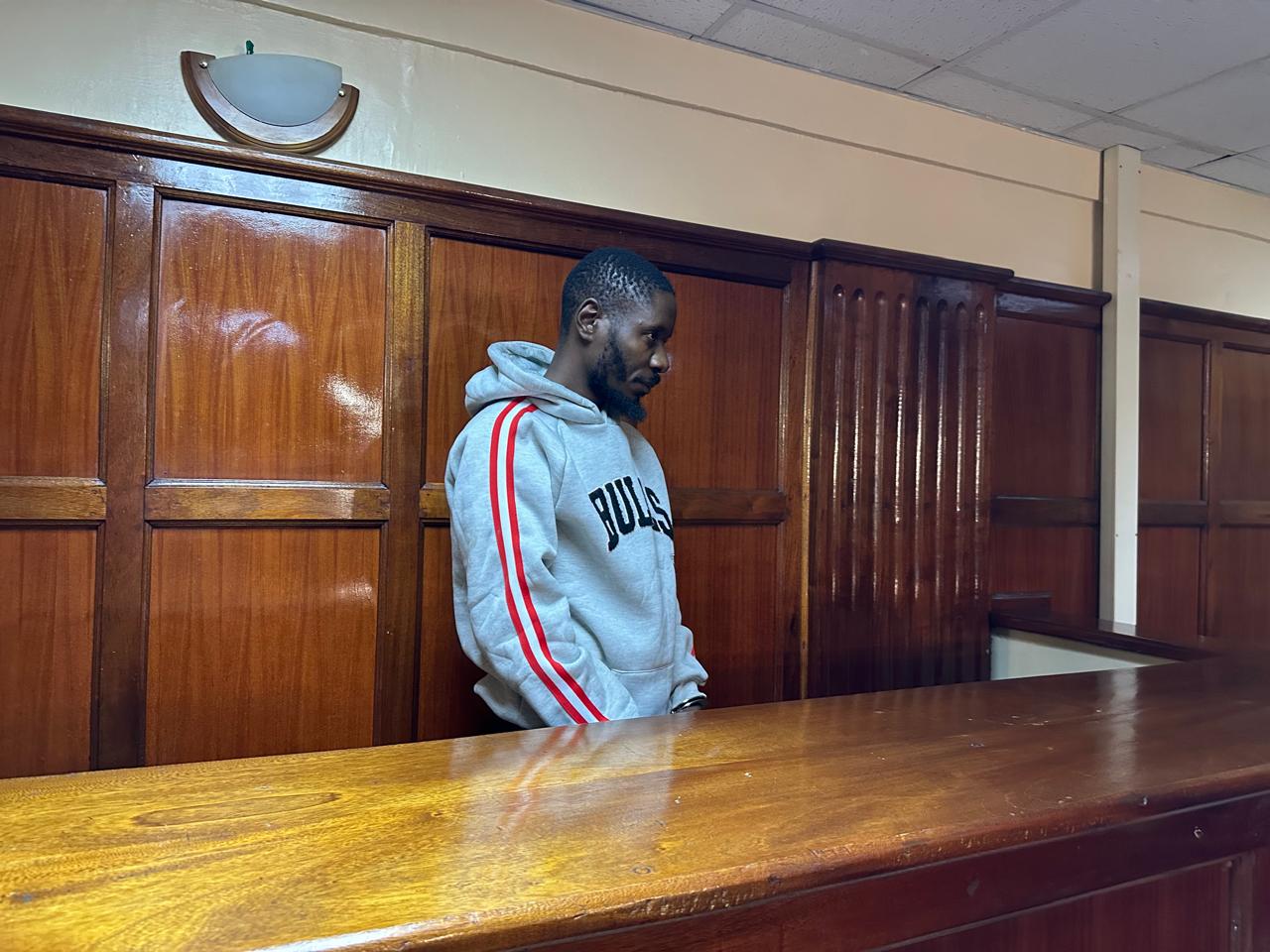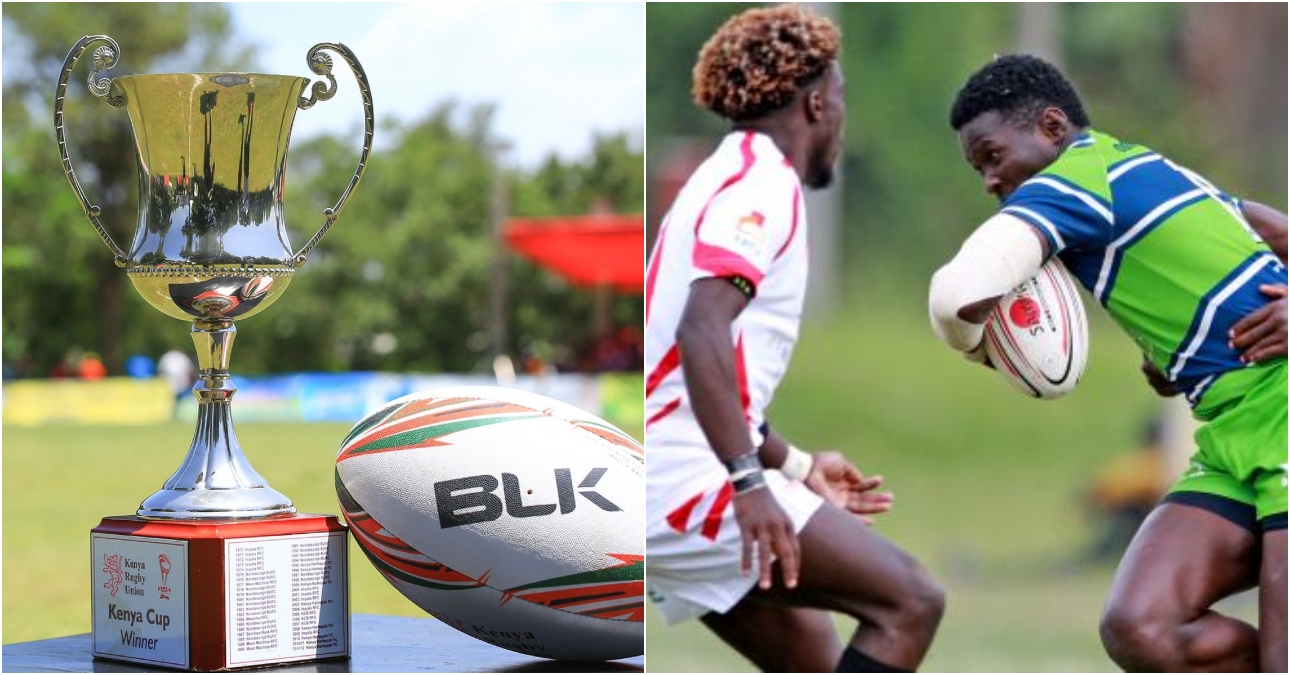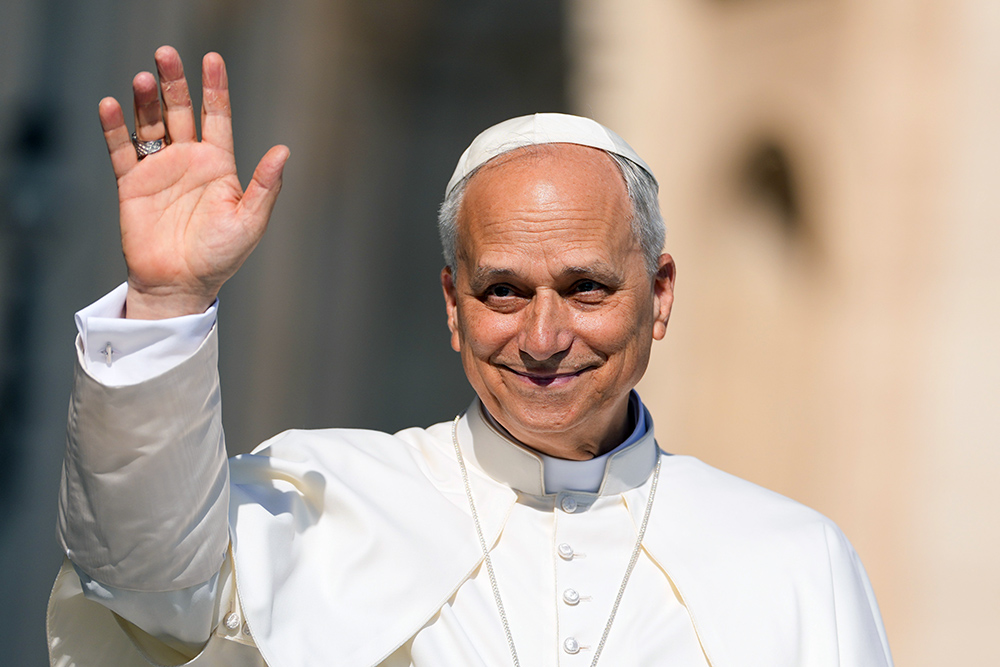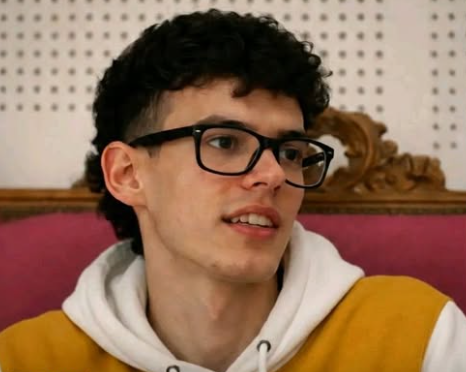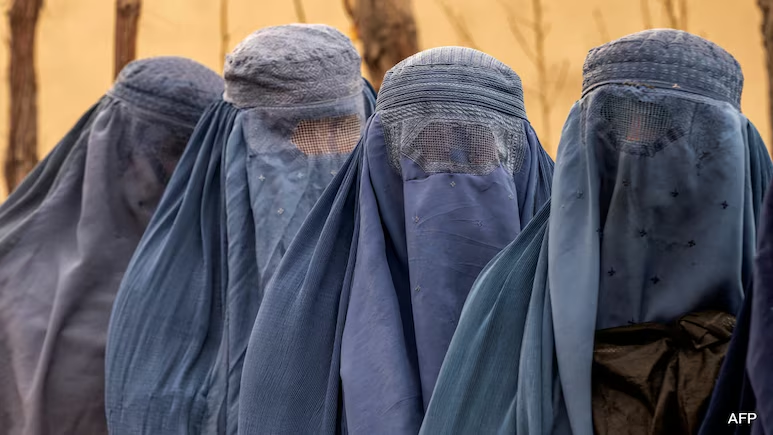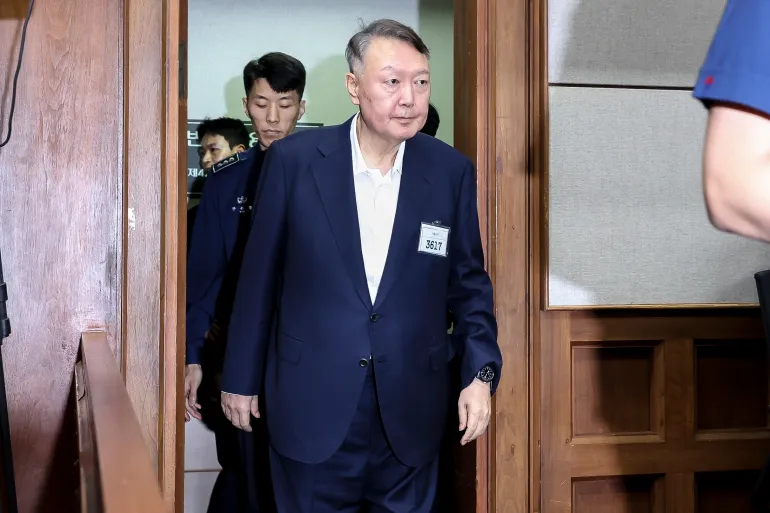Tens of caregivers in Uasin Gishu County are now calling on the government to include people living with autism and cerebral palsy in the upcoming fiscal budget.
The caregivers say this inclusion is vital to easing the burden faced by parents and guardians who struggle daily to care for their children.
The plea was made during a philanthropic event organized by the Uasin Gishu Journalists Association to mark World Press Freedom Day Saturday.
The caregivers have lamented being left out of critical government support programs meant for special needs groups, support that could help them build infrastructure for therapy and day care services.
Currently, centers like Sparkling Haven in Eldoret depend on irregular donations, nowhere near enough to meet the ongoing needs of children who require full time attention.
The dedicated caregivers here now are hoping that their voices, long overlooked, will finally be heard and acted upon.
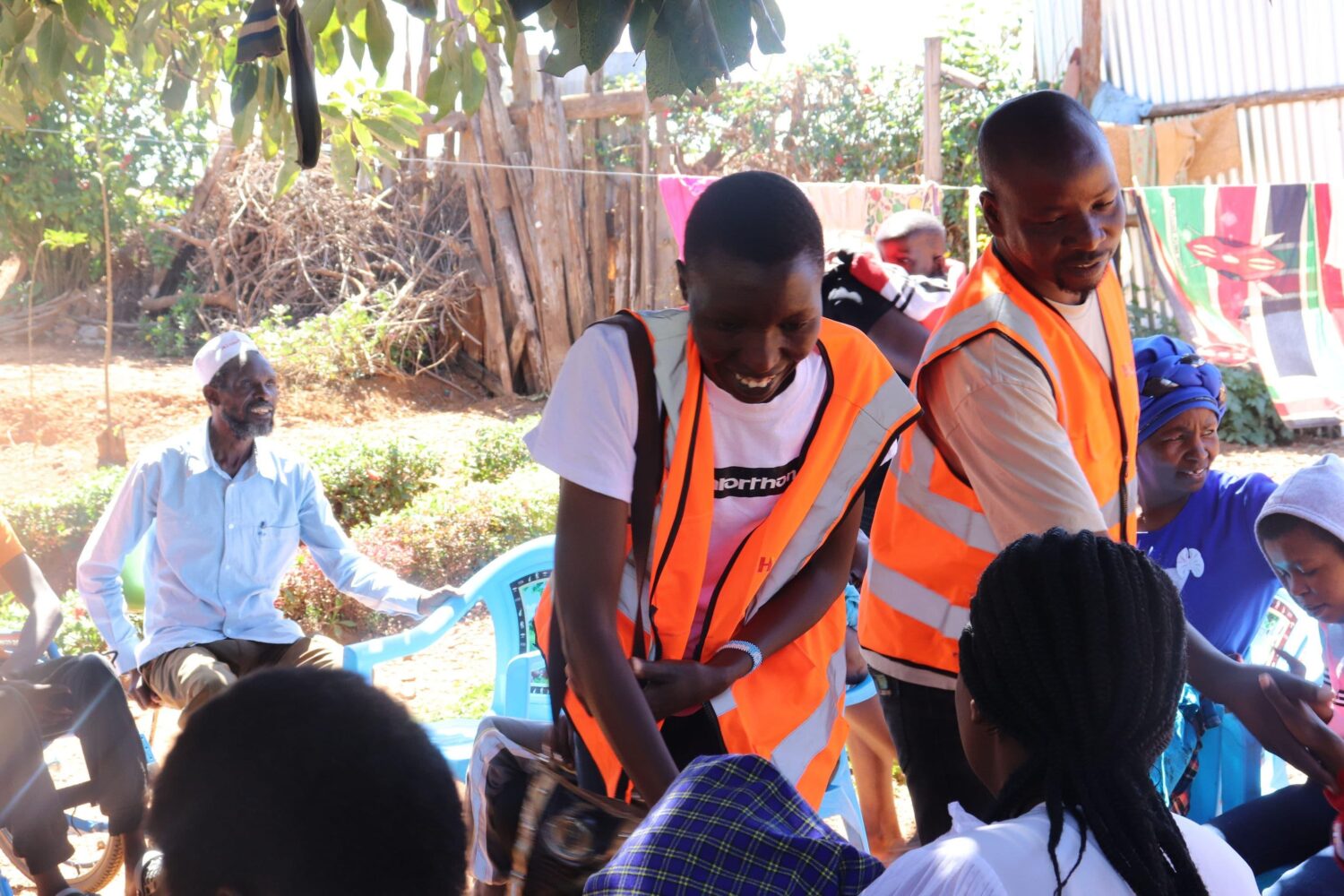
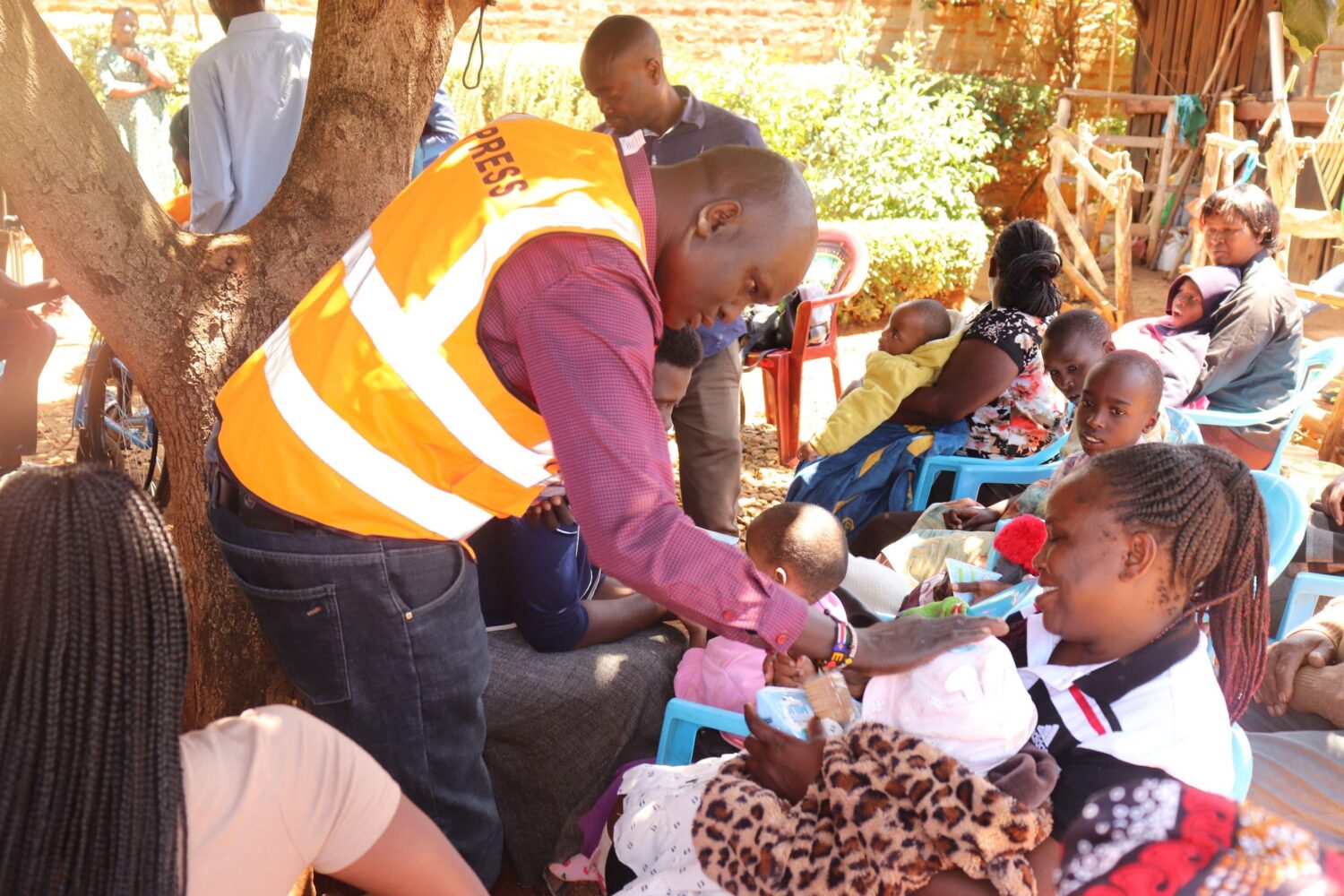
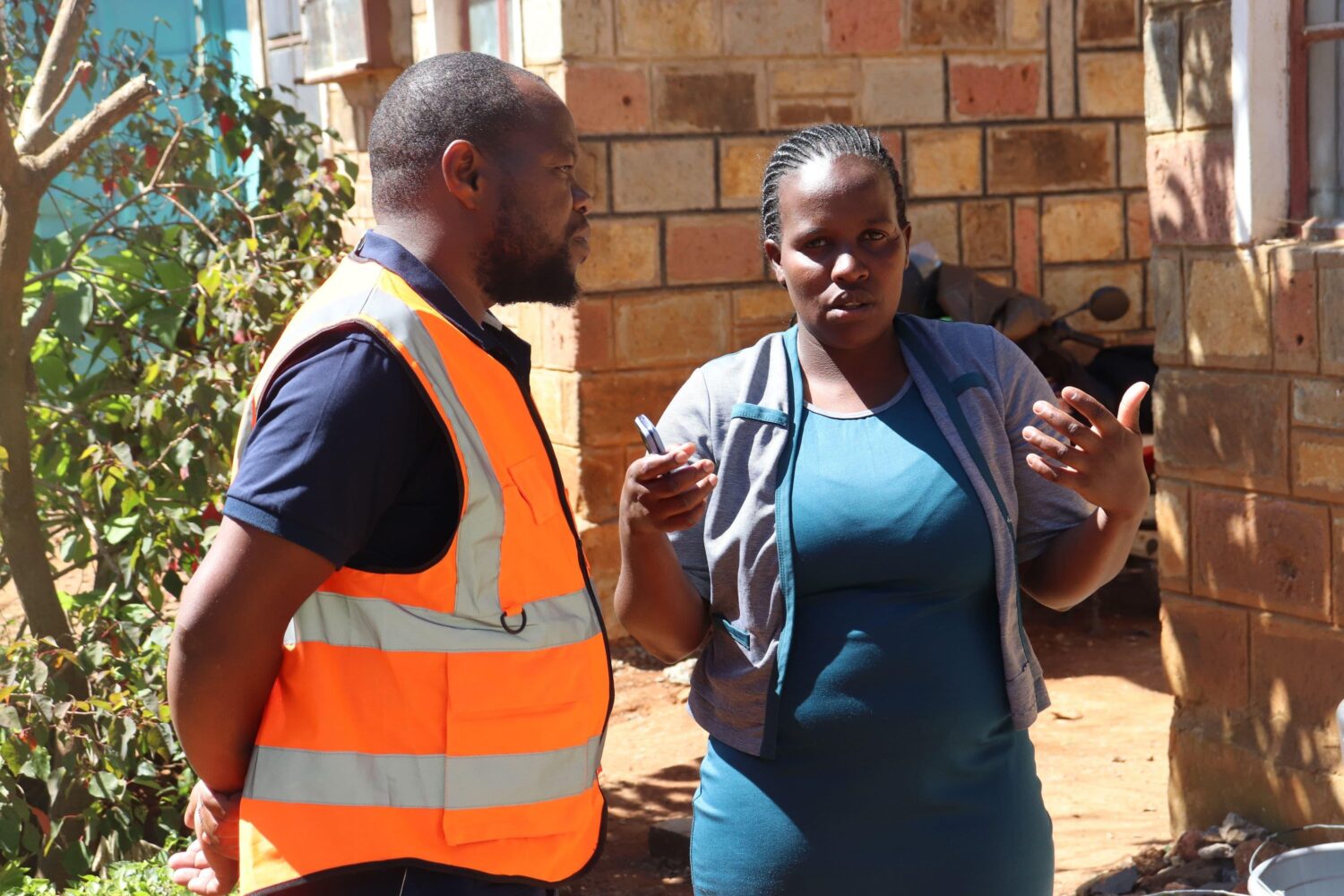
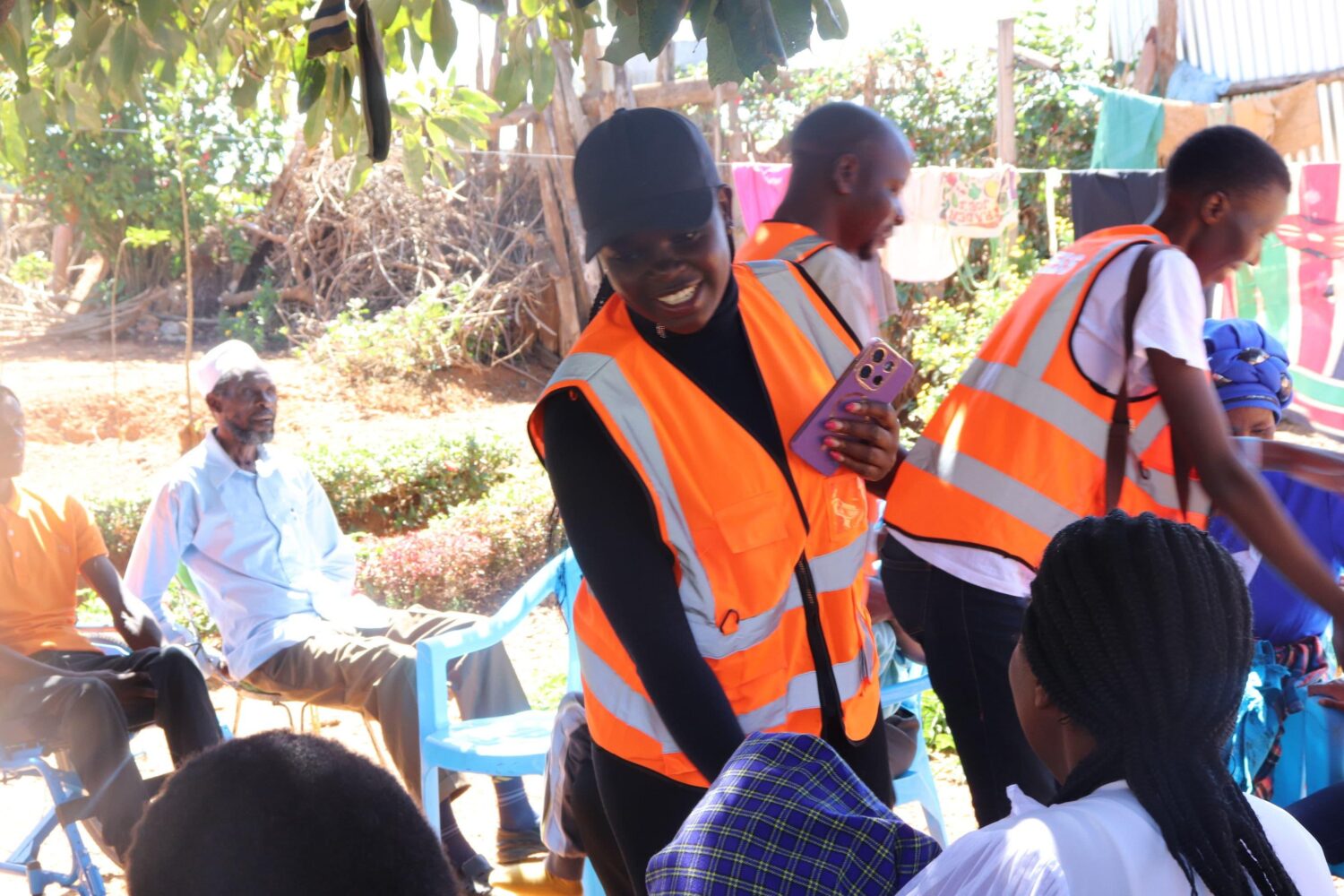
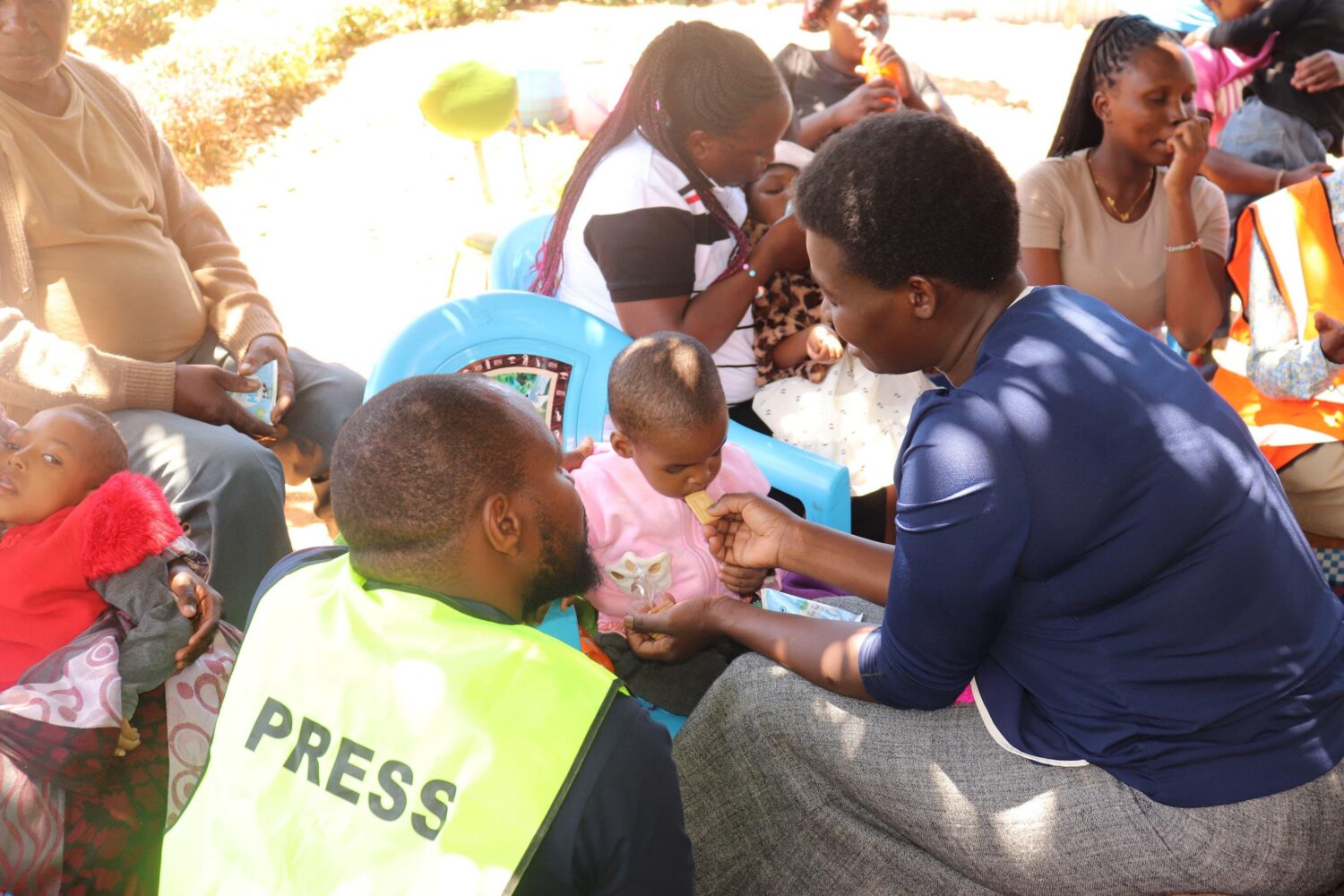
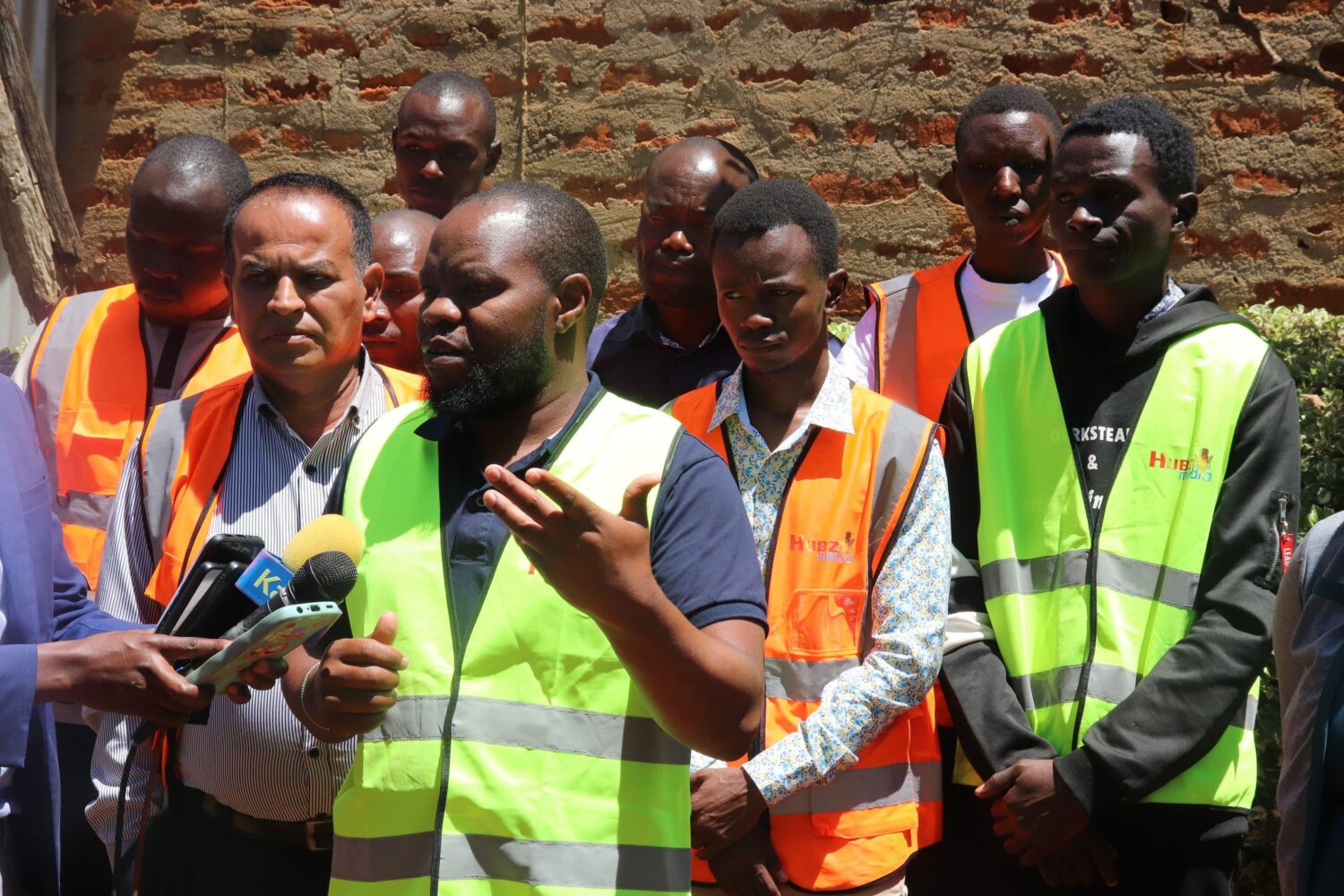
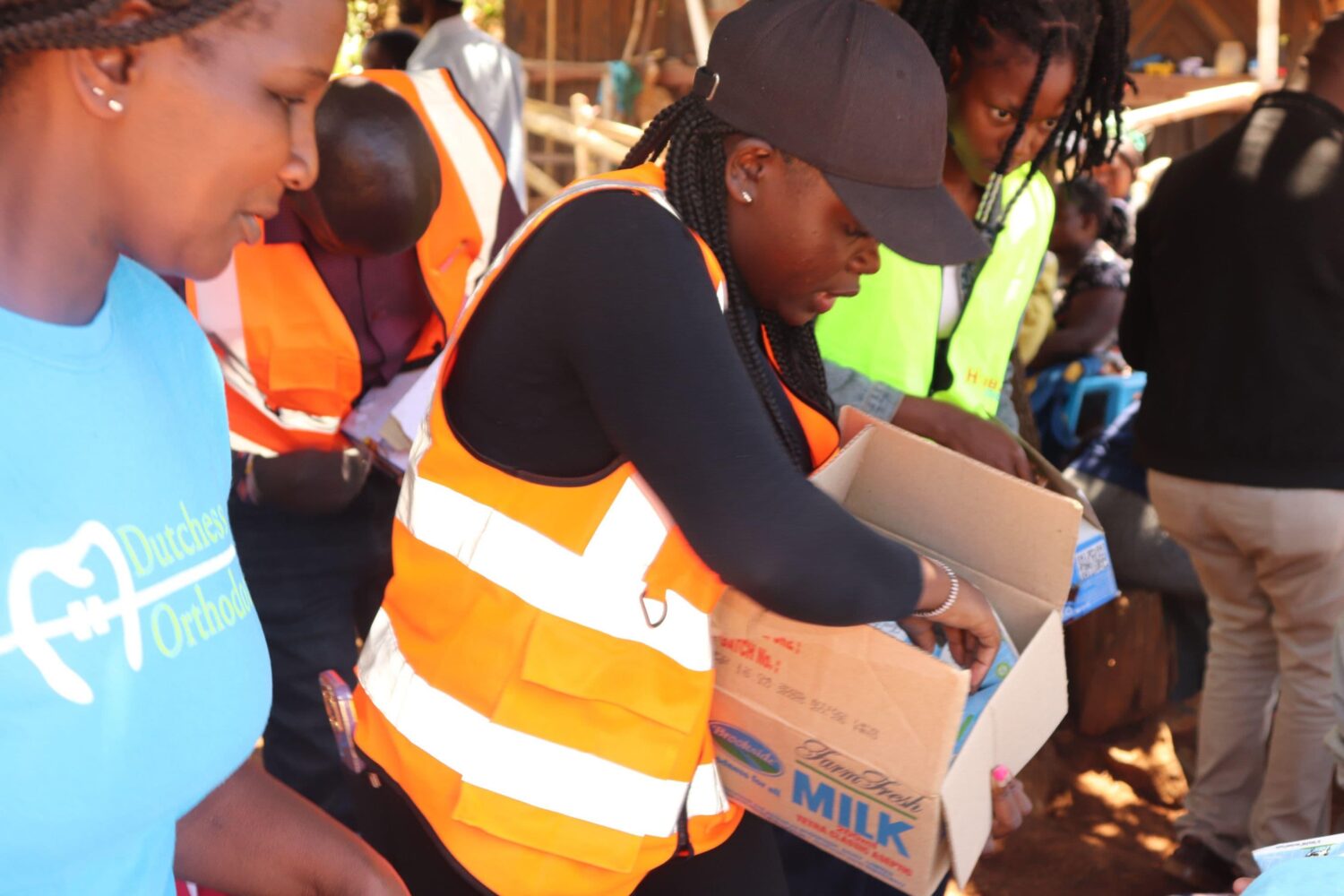
Uasin Gishu journalists mark World Press Freedom Day in style
As journalists globally marked World Press Freedom Day, their counterparts in Eldoret City chose to honor the occasion by giving back—supporting children living with autism and cerebral palsy at Sparkling Haven Foundation in Langas, Uasin Gishu County.
Journalists under the Uasin Gishu Journalists Association (UGJA), in partnership with the Eldoret National Polytechnic, Transparency International, the Uasin Gishu Civil Society Network, and members of the local business community, carried out a Corporate Social Responsibility (CSR) initiative as part of the celebrations.
The team donated food, milk, and essential supplies to the therapy center, which caters to children with developmental disabilities.
The initiative also served as a build-up activity ahead of a high-level panel discussion scheduled for May 9, 2025. The event will focus on this year’s World Press Freedom Day theme, with special attention to the impact of artificial intelligence on press freedom and the media.
“Press freedom isn’t just about what happens in the newsroom—it’s about using our platform to spotlight and support those whose voices are rarely heard,” said UGJA Chairperson James Gitaka. “This outreach is one way we’re standing up for both journalism and humanity.”
Sparkling Haven Foundation currently serves over 20 children with disabilities—but only has one physiotherapist, Gerald Chirchir, to handle all therapy sessions.
“We started with just two children. Today, I’m working with 20, but I can only offer one session per week to each child due to the workload,” said Chirchir. “Ideally, every child should get three sessions weekly.”
He noted that the facility urgently needs more professional support and therapy equipment, such as sitting aids, standing aids, and photoplast materials used to create orthopedic braces for children with physical challenges.
“These tools are essential for their growth and mobility, but most of the families we serve can’t afford them,” he added.
The challenges extend beyond the therapy room. For parents, raising children with special needs often means navigating financial strain and social stigma.
Irine Akinyi, a mother of four, spoke of the pain of being isolated by society. “People see us as cursed or different. But here, we find support and acceptance,” she said. “Even one session a week has made a big difference in our children’s lives.”
During the visit, international journalist and UGJA member Jamal Karim spent time engaging with parents, listening to their experiences, and encouraging continued advocacy for disability rights.
“This center is doing remarkable work under immense pressure. It deserves all the support it can get,” he said.
UGJA Chair James Gitaka also took time to speak with parents during the visit. “I applaud the dedication of these families. Their resilience is a reminder of why our journalism must include stories like theirs,” he said.
According to the Kenya National Bureau of Statistics and Autism Awareness Kenya, approximately 4% of Kenyan children live with a disability.
Autism and cerebral palsy remain among the most common, yet therapy services are often limited, expensive, and concentrated in private or urban facilities.
Families in low-income areas continue to face barriers due to cost, stigma, and lack of information.UGJA will host a roundtable discussion on May 9 with journalists, academics, and civil society representatives to explore the evolving relationship between technology and media.
The conversation will center on the impact of artificial intelligence on press freedom, media sustainability, and journalistic ethics.
“AI is reshaping how news is produced and consumed. As watchdogs of society, we must understand its benefits and threats,” Gitaka said. “But as we look ahead, we must also stay grounded in the human stories that matter most.”
The Uasin Gishu Journalists Association has built a strong track record of social engagement, from mentoring young journalists to organizing forums on mental health, ethics, and digital safety.
This year’s World Press Freedom Day initiative reinforces the association’s belief that journalism must serve both truth and the people behind it.
“Sparkling Haven reminds us that some of the most powerful stories are not breaking news—they are everyday battles for dignity, care, and inclusion,” said Gitaka.



